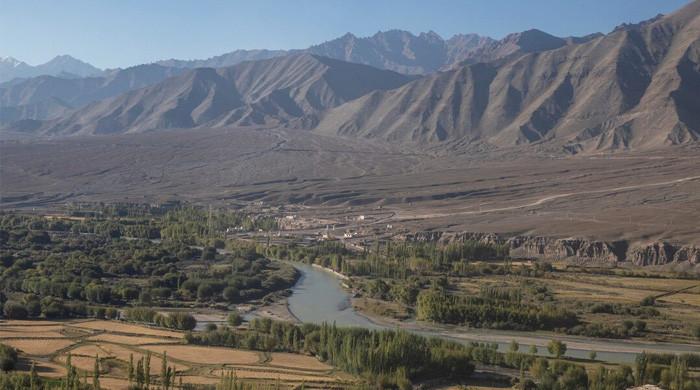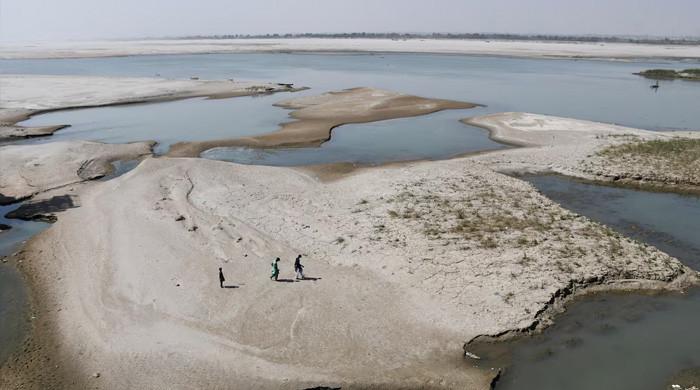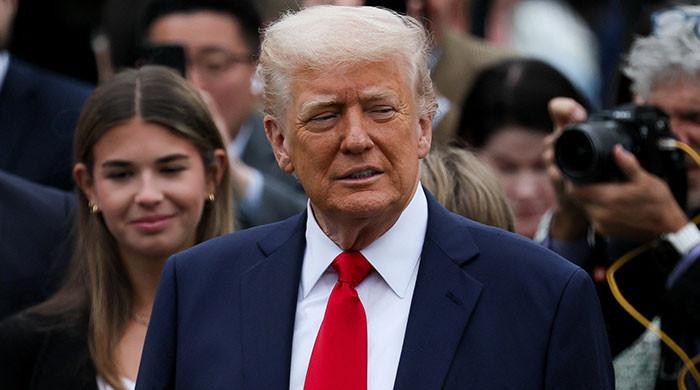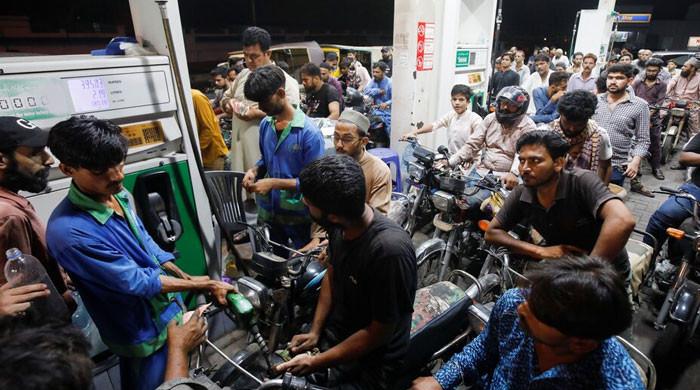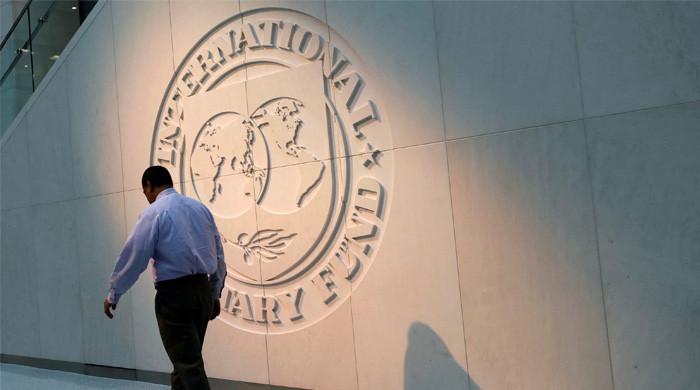Pahalgam: Modi's mountain out of a molehill
Indian opposition, academics, global powers should pressure Modi to seek middle ground and resolve issues for peace, prosperity
April 28, 2025
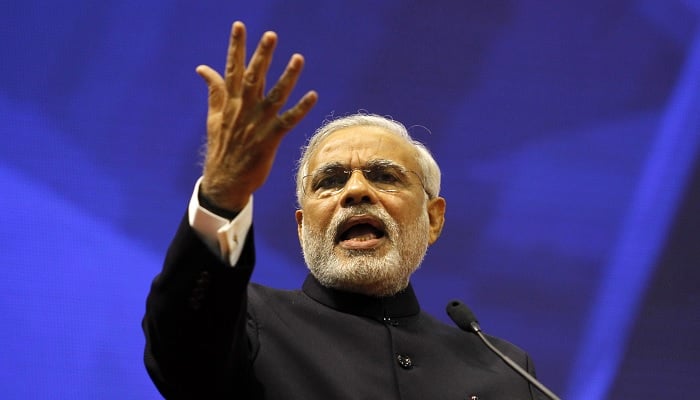
Prime Minister Modi has turned the tragedy at Pahalgam in Indian Illegally Occupied Jammu and Kashmir (IIOJK) into a crude attempt to regain political standing, which had nosedived in the 2024 national election after securing only 240 seats, falling short of the 400-seat claims.
The worst shock came in Uttar Pradesh, where the poster boy of Hindutva politics, Hindu monk-turned-politician Yogi Adityanath, could only win 33 seats, down from 62 seats in the 2019 elections. Modi had been dreaming of a majority government with powers to amend the constitution to further enforce Hindutva, become a global power pivot, and crush human rights and separatist movements.
Then came the Pahalgam attack, and Modi, along with his core team, seized on it to reverse their political fortunes, playing their favourite card — anti-Pakistan sentiment and Muslim militancy. Without waiting for a credible investigation or addressing internal failures, Modi shocked the world by suspending the Indus Basin Treaty, cancelling visas, and taking other extreme measures. Modi and his team are deeply apprehensive about the upcoming state election in Bihar, set for October-November 2025, India’s second-largest state.
Modi desperately needs to regain the political spotlight and bolster his macho image to continue his local and global power plays. Indian opposition parties blame Modi for the loss of 1,000 sq km to China in the 2020 standoff, which remains unresolved. Political pundits and parties also blame him for weakening the Global South with the 2019 annexation of Kashmir, which led to a breakdown of relations with China and Pakistan.
Modi needs his political strongman image to execute his opportunistic global play, where he plays one bloc against another. The America and the West, which touted Modi as China's containment and a global ally, were shocked when India imported record Russian oil for over $120 billion in 3 years of the Ukraine crisis. The West had expected Modi to support Ukraine, but instead, Modi opted for savings of $18-20 per barrel on Russian oil. Russia also has reservations about Modi branding himself as America's chief partner for the 21st century.
Modi’s image as a "Regional Pradhan" (leader) suffered a major blow when Bangladesh's prime minister was ousted from power in mid-2024. Modi's IIOJK annexation failure was stamped in the October 2024 elections of the Kashmir Assembly when 64% of voters turned out to vote for opposition parties to power, and the BJP (Bharatiya Janata Party) was relegated to opposition benches.
These setbacks weighed heavily on Modi and his core team when the Pahalgam incident occurred. Within the first hour of the tragedy, BJP leaders and Godi Media began blaming Pakistan, calling for the removal of IIOJK's chief minister and the imposition of presidential rule in the region.
Indian opposition parties, political pundits, and academics are deeply wary of Modi's Hindutva agenda, his opportunistic global positioning, and his regional bullying tactics. In an all-party meeting following the Pahalgam incident, opposition parties blamed the Indian Home Ministry for the tragedy.
Statements from US President Donald Trump, as well as from Chinese and Russian foreign ministries, have not endorsed Modi’s actions or charges against Pakistan over Pahalgam. Pakistan has lost over 80,000 lives in terrorist incidents and suffered billions in losses. While Islamabad did blame India for the recent Jafar Express killings and other incidents, it never went to extremes such as cancelling treaties or visas.
If Modi resorts to any military adventurism, his and the BJP’s political standing will further erode both within India and in global capitals. Modi would likely suffer military humiliation, as a recent New York Times report revealed that 68% of India's defence equipment falls under the "vintage" category, according to India’s internal findings.
According to the World Bank's 2025 Poverty Index, over 40% of Pakistanis and 28% of Indians live below the poverty line. The biggest trading partners of China and the USA lie within their respective regions — ASEAN and Mexico/Canada.
Due to Modi's policies, the potential of SAARC trade has remained unrealised. Indian opposition, academics, and regional and global powers should further pressure the Modi government not to go on a collision course with the opposing ideologies, but instead to find a middle ground to resolve long-standing issues and promote peace and prosperity.
India’s disproportionate response to Pahalgam and its continuous meddling in Pakistan’s affairs should motivate Pakistanis to overcome these challenges. An all-parties conference should be immediately convened, including Pakistan Tehreek-e-Insaf (PTI), to build national consensus against Indian adventurism. A national consensus should be negotiated for political stability and national cohesion, enabling Pakistan to move towards a one-trillion-dollar economy in the shortest possible time.
Disclaimer: The viewpoints expressed in this piece are the writer's own and don't necessarily reflect Geo.tv's editorial policy.




